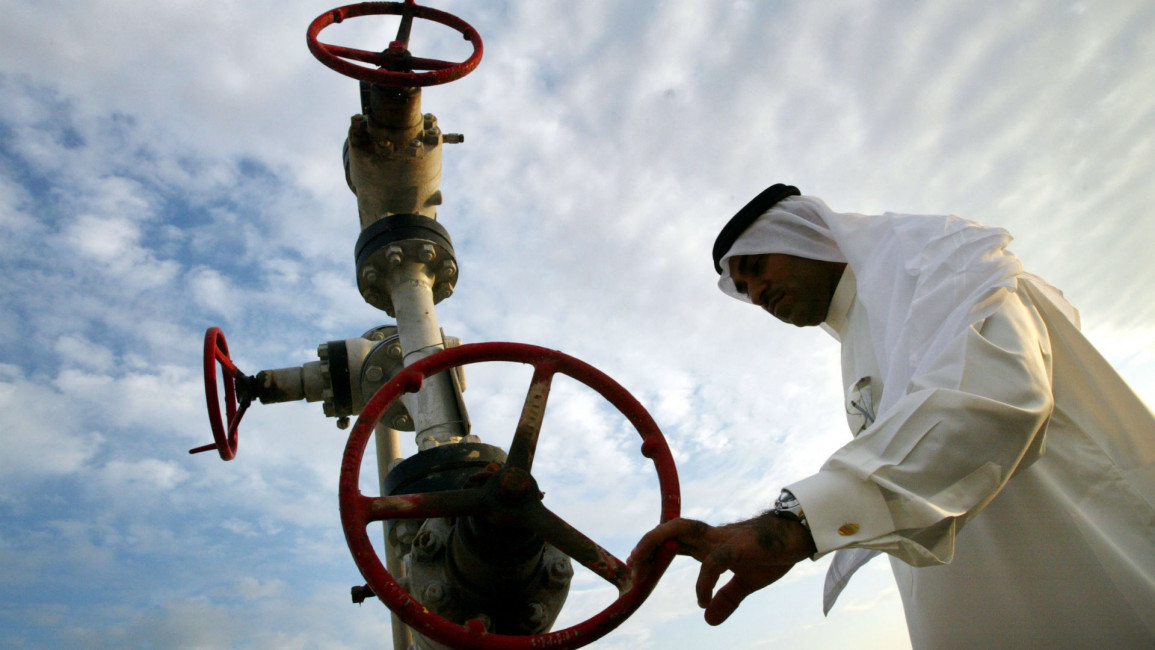
Oil prices likely to tank yet further
Iran has announced an increase in oil production by 500,000 barrels a day, as a glut in supply keeps oil below $30 a barrel and threatens to push prices even lower.
It comes amid predictions that prices could fall further this year - as supply vastly exceeds demand - with the International Energy Agency warns of markets "drowning in oversupply".
Tehran's return to the world market will likely offset cuts to production from non-Opec states – such as Oman - as the oil-rich country looks to bringing urgently needed capital into Iran after decades of economic isolation.
Cheaper than the barrel
International energy experts predict prices of less than $20 a barrel in 2016, which would hit GCC countries - many of which have already recorded huge budget deficits.
"Can it go any lower?" the International Energy Agency asked in its monthly oil market report. "Unless something changes, the oil market could drown in over-supply. So the answer to our question is an emphatic yes. It could go lower."
On Saturday, the United Nations decided that Iran had met the requirements for sanctions to be lifted on the country, which follows a nuclear agreement with world powers.
But after the rhetoric of some leading US politicians denouncing the deal this weekend, Iran's Supreme Leader Ayatollah Ali Khamenei - while congratulating President Rouhani on the lifting of the sanctions - warned of the old rivals in Washington.
"I reiterate the need to be vigilant about the deceit and treachery of arrogant countries, especially the United States, in this issue and others," he said on Monday.
"Be careful that the other side fully meets its commitments. The comments made by some American politicians in last two, three days are suspicious," he told Rouhani.
Tehran said it would increase production to ensure neighbouring oil-producers - particularly Gulf states, at loggerheads with Iran due to an ongoing diplomatic dispute - do not eat away at its market share.
Oil dropped below $28 a barrel this week and many fear an "oil production war" between Iran and Gulf states could be about to begin.
One sign of the problems for oil-producing Gulf states is that the commodity is now cheaper than the 55-gallon barrel in which it is sold.
| Read also: $32bn windfall for Iran as sanctions lifted |
China also announced its slowest growth rates for 25 years on Tuesday, which means demand for oil is likely to decrease further.
Slow down
Although this has been good news for motorists at the petrol pumps, the International Monetary Fund said on Tuesday that the collapse in oil prices was causing a drag on global economic growth.
This has led the IMF to lower world economic growth forecasts to 3.4 percent in 2015.
"Financial strains in many oil exporters reduce their ability to smooth the shock, entailing a sizable reduction in their domestic demand," the IMF said.
Another worrying sign is that, although prices have plummeted, demand has not increased.
This could lead to oil companies making job cuts and scaling back investment - both of which are likely to compound problems for Gulf states.
The IMF report was completed before crude prices fell by 22 percent during the first two weeks of 2016, leading many to believe that things could get much worse for oil producers.
Saudi Arabia's economy is expected to grow by a paltry 1.2 percent after years of high growth rates. Another sign of trouble is that this figure is down from estimates in October of 2.2 percent.
Eyes will likely be on US oil companies, to see if a suspected Saudi gamble on strangling private shale producers - through low prices - could cut production from the world's biggest oil producer.




